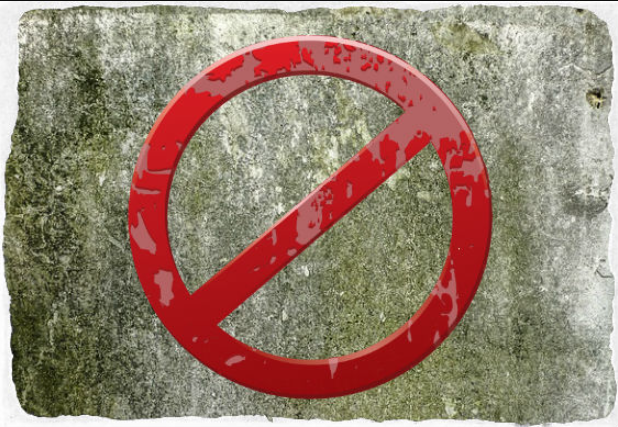Alabama has implemented a regulation that forbids smoking or using e-cigarettes within a vehicle containing children who are 14 years old or younger. This law encompasses both conventional tobacco items and vaping devices. Those found in violation of this law will face a fine of $100.
Engaging in smoking or vaping while a minor is present in the vehicle is considered a secondary infraction. This signifies that if a driver is stopped for a different traffic violation and smoking or vaping is taking place with children in the car, the $100 fine can be imposed in conjunction with other charges. The law is applicable even in instances where windows are open or the vehicle is stationary.
The Alabama Department of Public Health (ADPH) took to social media to inform the public about the recent legislation. According to the department’s announcement, the law is grounded in the concept that children’s smaller bodies intake greater volumes of air, consequently resulting in heightened exposure to the harmful substances present in second-hand smoke.
The Mobile Police Department also weighed in on the recent regulation, expressing the viewpoint that safeguarding children’s well-being and ensuring their protection is a collective duty. The department is of the belief that this law will contribute to creating a more secure setting for children.
The adverse effects of passive smoke stemming from regular cigarettes have been associated with various health issues in children, ranging from sudden infant death syndrome and ear infections to respiratory infections, lung ailments, and asthma. Despite the previous perception of vape products being a safer alternative to conventional tobacco items, the American Heart Association now asserts that the emissions from vaping are equally harmful as cigarette smoke, particularly for children.
Nevertheless, there is contention on this matter, and dissenting voices highlight the contradiction in asserting that a product devoid of combustion or smoke could be as detrimental as one that produces such byproducts.
The public’s response to the law has been varied. While some individuals view it as a crucial measure to safeguard children’s well-being, others perceive it as an instance of government extending its authority or as a diversion from more pressing matters. Criticisms have been raised, asserting that enforcement of the law might pose challenges and could even be nearly impracticable.




